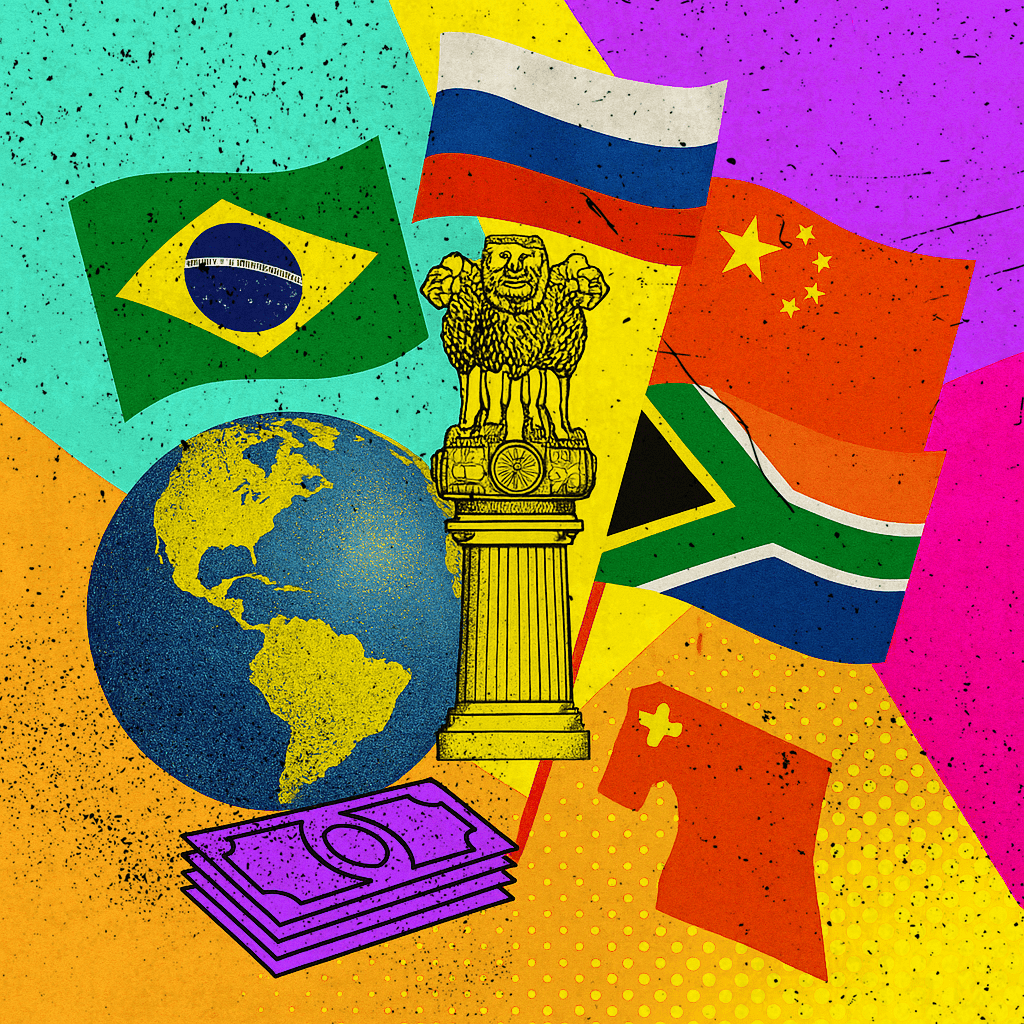BRICS Nations: Shaping the New World Economic Order
The emergence of the BRICS nations (Brazil, Russia, India, China, and South Africa) as significant players on the global stage has prompted discussions and analyses regarding their role in shaping a new world economic order. This collective group of emerging economies, distinguished by their rapid industrialization, increasing market size, and growing influence in regional and global politics, presents a unique blend of opportunities and challenges for the existing global economic structure.
Historical Context and Formation
The BRICS acronym, originally “BRIC” before the inclusion of South Africa in 2010, was coined in 2001 by then-chief economist of Goldman Sachs, Jim O’Neill, in his publication “Building Better Global Economic BRICs.” The formation of BRICS was not merely an economic grouping but a strategic alliance aiming to challenge the Western-dominated world order and promote a multipolar world system.
Economic Impact
Collectively, the BRICS nations account for approximately 42% of the world’s population, a quarter of the world’s GDP, and over 20% of the gross world product. Their economic growth rates have consistently outpaced those of the developed G7 nations, making them integral to global economic stability and growth. Through their development, these countries have significantly reduced poverty levels, improved infrastructure, and increased access to technology and education within their borders.
Political Influence and Initiatives
Politically, the BRICS nations have sought to reform international financial institutions, such as the IMF and the World Bank, advocating for greater representation and voice for developing countries. They have established the New Development Bank (NDB) and the Contingent Reserve Arrangement (CRA), aimed at providing an alternative to the existing global financial architecture and reducing their dependency on Western financial systems.
Challenges and Criticisms
Despite their growth and potential, the BRICS face numerous challenges, including significant internal economic disparities, political instability, and environmental concerns. Additionally, the diversity among the BRICS countries in terms of political systems, economic policies, and development goals raises questions about the coherence and future direction of the group.
Shaping the New World Economic Order
The BRICS nations, through their collective efforts, are undeniably shaping a new world economic order characterized by a more diversified and multipolar global power structure. Their role in championing the interests of developing countries, promoting economic inclusivity, and challenging the status quo of international relations signifies a shift towards a more balanced and equitable global governance model.
Conclusion
As the BRICS nations continue to grow in economic and political importance, their influence on the global stage will likely increase, potentially leading to significant changes in international trade, investment flows, and geopolitical dynamics. The extent to which they can overcome their internal differences and present a united front will be crucial in determining their ability to shape the future world economic order.



Leave a Reply